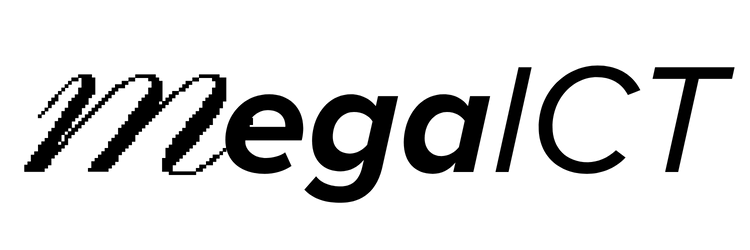阅读 中文版
1. For the purposes of e-Invoice, the following persons are currently exempted from issuing e-Invoice (including issuance of self-billed e-Invoice):
- Foreign diplomatic office
- Individual who is not conducting business
- Statutory body, statutory authority and local authority, in relation to the following:
- collection of payment, fee, charge, statutory levy, summon, compound and penalty by it in carrying out functions assigned to it under any written law; and
- transaction of goods sold and services performed before 1 July 2025
- International organisation for transaction of any goods sold or service performed before 1 July 2025
- Taxpayers with an annual turnover or revenue of less than RM150,000
2. Hence, the above-mentioned persons are not required to issue an e-Invoice (including self-billed e-Invoice). For tax purposes, the receipts / any existing documents issued by the above-mentioned persons would be used as proof of expense.
3. For clarity, Suppliers who provide goods or services to the persons listed in Section 1.6.1 above are required to issue e-Invoice, in accordance with the “implementation timeline.”
4. However, in relation to transactions with persons in Section 1(a) above, Suppliers are allowed to replace the Buyer’s details with the information stated in Table below.
| No. | Data Field | Remarks |
|---|---|---|
| 1 | Buyer’s Name | “General Public” |
| 2 | Buyer’s TIN | “EI00000000010” |
| 3 | Buyer’s Registration / Identification Number / Passport Number | “N/A” |
| 4 | Buyer’s Address | “N/A” |
| 5 | Buyer’s Contact Number | “N/A” |
| 6 | Buyer’s SST Registration Number | “N/A” |
| 7 | Description of Product/ Services | IRBM allows the Suppliers to adopt one (or a combination) of the following methods: (a) Summary of each receipt is presented as separate line items (b) List of receipts (in a continuous receipt number) is presented as line items (i.e., where there is a break of the receipt number chain, the next chain shall be included as a new line item) (c) Branch(es) or location(s) will submit consolidated e-Invoice, adopting either (a) or (b) above for the receipts issued by the said branch(es) or location(s) Note that for any method adopted by businesses, the receipt reference number for each transaction are required to be included under this field in the consolidated e-Invoice |
5 The exemption in Section 1 will only be applicable to said persons. Any entities (e.g., companies, limited liability partnership, etc.) owned by the above-mentioned persons would still be required to implement e-Invoice, in accordance with the e-Invoice “implementation timeline”.
6 Notwithstanding the exemption, the above-mentioned persons are welcomed to implement e-Invoice, supporting the Government’s digital initiative.
7. The IRBM acknowledged there are various challenges in issuing e-Invoices for certain types of income or expense.
To ease the adoption of e-Invoice, an e-Invoice (including self-billed e-Invoice) is not required for the following:
- Employment income.
- Pension.
- Alimony.
- Distribution of dividend in specific circumstances (Refer to Section 11 of e-Invoice Specific Guideline for more details).
- Zakat.
- Contract value for the buying or selling of securities or derivatives traded on a stock exchange or derivatives exchange in Malaysia or elsewhere.
- Disposal of shares of a company incorporated in or outside Malaysia and not listed on the stock exchange, except where the disposer is a company, limited liability partnership, trust body or co-operative society.
8. The exemptions mentioned in Section 1 and 7 will be reviewed and updated from time to time.
